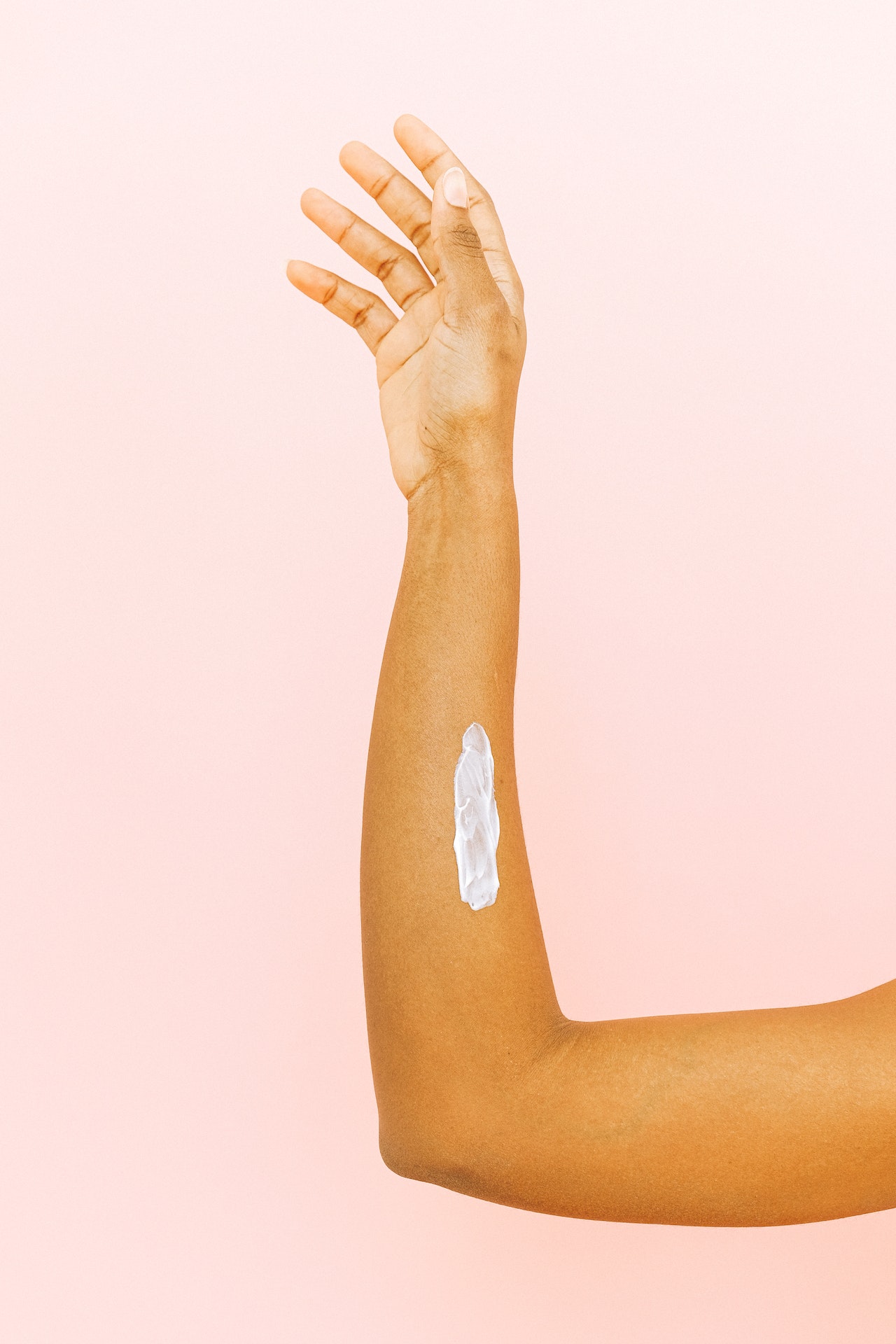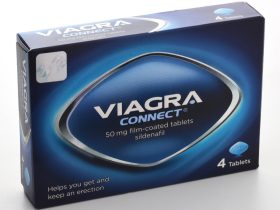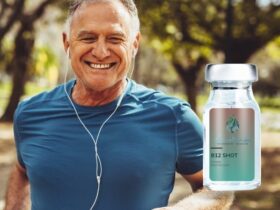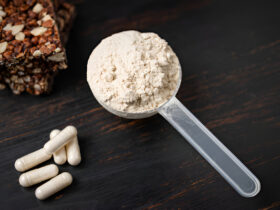Water is a critical aspect of nutrition, but sadly most people are unaware of this. The body is roughly 70% water, and a lack of fluid balance can disrupt the entire body’s functioning. It is, therefore, not in doubt that water is essential for life.
Water removes toxins, carries nutrients to the cells, lubricates bones and joints, influences brain function, and regulates body temperature. It is easy to detect when you suffer significant fluid loss. You will notice a considerable drop in your mental and physical performance.
What are your Daily Water Requirements?
You need approximately 3 liters of water per day if you are an adult woman. The recommended amount for adult men is about 4 liters daily. The recommended amounts may be higher if breastfeeding, exercising, or living in hot weather. Remember that some individuals have more fluid requirements than others, and drinking too much water can harm your health.
Sources of Hydration
You get most of your hydration requirements from water, tea, milk, and similar fluids. Foods like yogurt, fruits, and veggies are also sources of hydration for the body. Not all foods and juices are created equal in hydration. While alcoholic beverages are liquids, they are not good sources of hydration. Alcohol impedes anti-diuretic hormones, thereby increasing water loss from the body.
Best Hydration Sources
Liquids: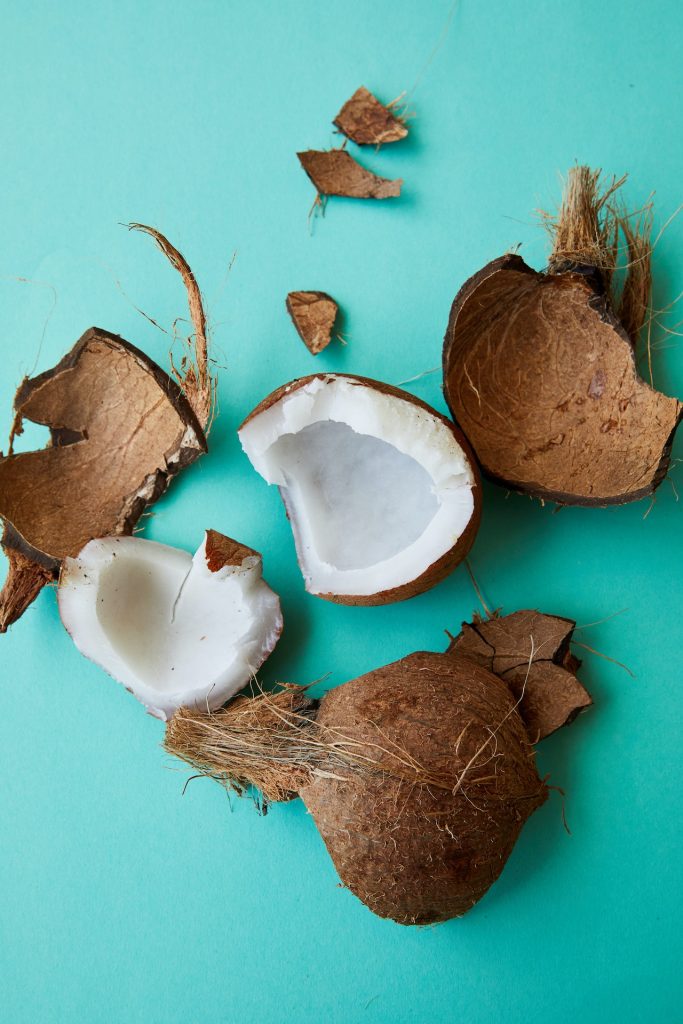
· Water
· Milk (particularly for kids)
· Tea
Foods:
· Cabbage
· Zucchini
· Lettuce
· Cucumber
· Celery
· Radishes
· Tomatoes
· Asparagus
· Bell Peppers
Things and Factors that Promote Dehydration
Alcohol consumption and certain medications increase your danger of dehydration. Hot environmental conditions, exercise, vomiting, and fever can deplete your body fluids.
How to Properly Hydrate your Body during and After Working Out
As you work out, you lose water via sweating. The amount of water you lose is directly proportional to the duration and intensity of the exercise. Apart from water, potassium, sodium, and other electrolytes escape your body during exercise.
Before you start your workout session, hydrate your body by drinking about eight fluid ounces (1 cup) of water. Do this about 15 minutes before your workout session. While working out, drink four fluid ounces (1/2 cup) of water at 20 minutes intervals.
After exercising, drink 16 fluid ounces (2 cups) of water for each pound of body weight you lose. If your workout session lasts more than 45 minutes, drink some sports drinks to replenish the electrolytes lost.
Signs you are Dehydrated.
Your body requires more water once you get thirsty. The following signs also indicate that your body needs more water:
· Brain fog, irritability, and tiredness
· Constipation
· Dizziness
· Rise in body temperature
· Dry mouth
· Dark yellow urine
· Irregular heartbeat
· Headache
· Dry skin
· Sunken eyes
· Cramps and joint pain
Additional Tips for Proper Hydration
· Always have a water bottle nearby
· Observe your urine color. Dark yellow urine might mean you require more fluids
· Drink water during meals and when snacking
· Monitor your water consumption using a reliable app such as MyFitnessPal
· Flavor your water to make it a lot more palatable. You can add berries, cucumbers, lemon, or lime
